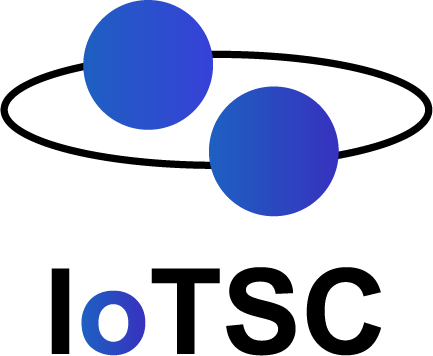

Prof. Zhiyong Zhang

Prof. Zhiyong Zhang
Henan University of Science and Technology, China
Brief Introduction
Zhiyong Zhang (Senior Member, IEEE) received the master’s degree in computer science from the Dalian University of Technology, Dalian, China, in 2003, and the Ph.D. degree in computer science from Xidian University, Xi’an, China, in 2009.,He was ever a Post-Doctoral Fellowship with the School of Management, Xi’an Jiaotong University, Xi’an. He is currently the Director of the Henan International Joint Laboratory of Cyberspace Security Applications, the Vice-Dean of the College of Information Engineering, and a full-time Henan Province Distinguished Professor with the Henan University of Science and Technology, Luoyang, China. He is also a Visiting Professor with,The Computer Science Department, Iowa State University, Ames, IA, USA. Recently, he has published more than 120 scientific articles and edited six books in the above research fields, and also holds 15 authorized patents. His research interests include cyber security and computing, social big data, and multimedia content security.,Dr. Zhang is the Chair of IEEE MMTC DRMIG, IEEE Systems, Man, Cybernetics Society Technical Committee on Soft Computing, World Federation on Soft Computing Young Researchers Committee, Committeeman of China National Audio, Video, Multimedia System, and Device Standardization Technologies Committee. Also, he is the Chair/Co-Chair and TPC Member for numerous international conferences/workshops on digital rights management and cloud computing security. He is an Editorial Board Member and an Associate Editor of Multimedia Tools and Applications (Springer), Human-Centric Computing and Information Sciences (Springer), IEEE Access(IEEE), Neural Network World, EURASIP Journal on Information Security (Springer), leading Guest Editor or Co-Guest Editor of Applied Soft Computing (Elsevier), Computer Journal (Oxford), and Future Generation Computer Systems (Elsevier).

